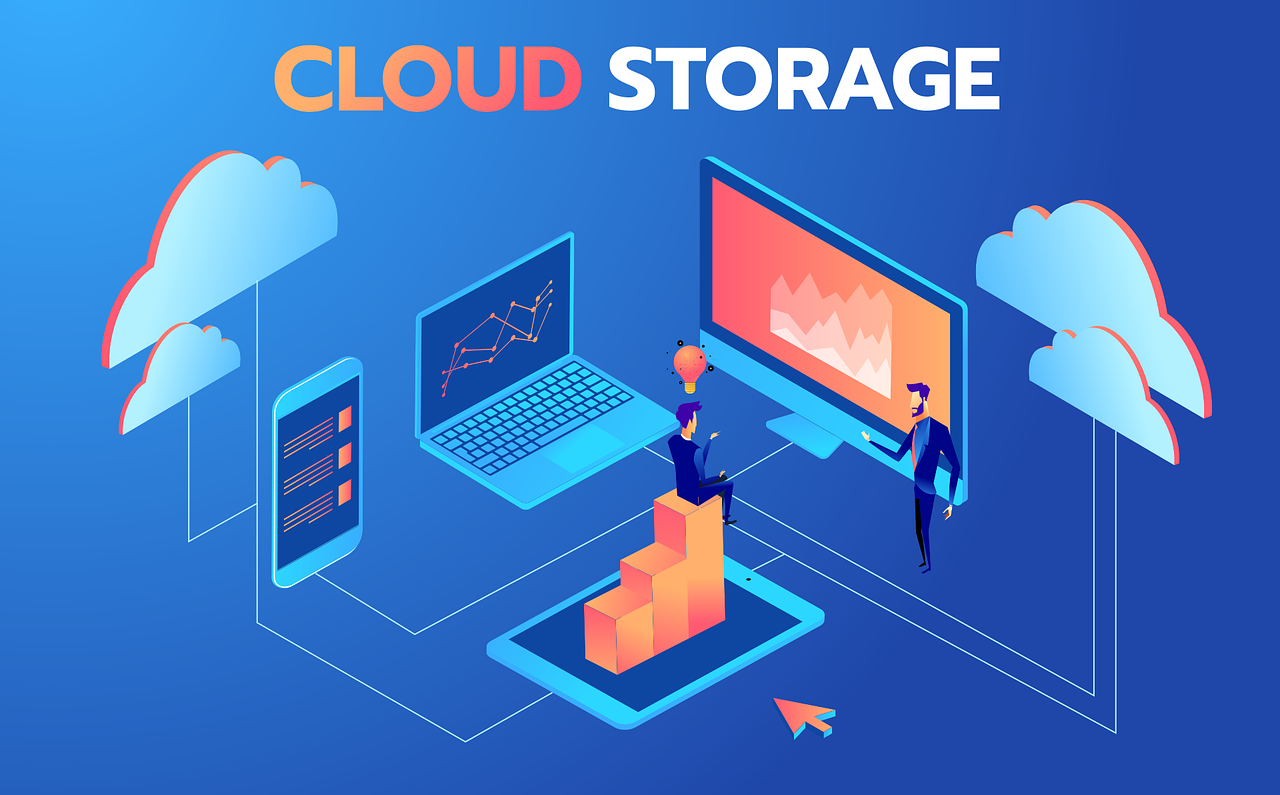In today’s data-driven world, ensuring the security and availability of your Salesforce data is of utmost importance. Data loss can occur for various reasons, such as human error, system failures, cyber attacks, or natural disasters. Implementing a robust backup strategy is crucial to protect your valuable Salesforce data. One of the key decisions you must make when designing your backup solution is whether to opt for an on-premises or a cloud-based backup.
This article will explore the differences between on-premises and cloud-based Salesforce data backup solutions, their advantages, and key considerations to help you make an informed choice.
On-Premises Data Backup
On-premises data backup refers to storing your Salesforce backups within your organization’s physical infrastructure. This involves installing and maintaining the necessary hardware, storage devices, and backup software on-site. Here are some key aspects of on-premises data backup:
- Data Control: You have direct control over your data with on-premises backup. You can choose the specific hardware, software, and security measures to ensure the protection and confidentiality of your data.
- Customization: On-premises backup solutions offer greater flexibility in terms of customization. You can tailor the backup process to align with your organization’s requirements, retention policies, and compliance regulations.
- Security: On-premises backup provides additional protection, as your data remains within your organization’s premises. This can be advantageous if your industry has strict data privacy regulations or if you have specific security requirements.
- Capital Investment: On-premises backup typically involves significant upfront capital investment to procure and maintain the required infrastructure, including servers, storage devices, and backup software. This cost can be a barrier for smaller organizations or those with limited IT resources.
Cloud-Based Data Backup

On the other hand, cloud-based data backup involves storing your Salesforce backups in a secure, off-site data center managed by a cloud service provider. Here are some key aspects of cloud-based data backup:
- Scalability and Flexibility: Cloud-based backup solutions offer scalability and flexibility, allowing you to scale your backup storage as your data grows. You can easily adjust storage capacity based on changing needs without additional hardware investments.
- Automated Backup and Management: Cloud-based backup solutions often provide automated backup processes, making scheduling and managing regular backups easier. The backups are performed in the background without manual intervention, ensuring data consistency and reliability.
- Cost Efficiency: Cloud-based backup solutions follow a subscription-based pricing model, eliminating the need for upfront capital investment. This pay-as-you-go approach allows organizations to align backup costs with their usage and scale.
- Disaster Recovery and Redundancy: Cloud-based backup solutions typically offer robust disaster recovery capabilities, including data replication across multiple geographically diverse data centers. This ensures your data is safe even during a localized disaster or outage.
Key Considerations
When choosing between on-premises and cloud-based Salesforce data backup solutions, consider the following factors:
- Data Security and Compliance: Evaluate the security measures and certifications offered by both options. Consider industry-specific regulations and compliance requirements to ensure your backup solution meets the necessary standards.
- Resource Availability and Expertise: Assess your organization’s IT resources and expertise. On-premises backup solutions may require dedicated IT personnel for maintenance and troubleshooting, while cloud-based solutions leverage the expertise of the cloud service provider.
- Scalability and Growth: Consider your organization’s growth projections and data storage needs. Cloud-based backup solutions offer scalability and can easily accommodate growing data volumes, whereas on-premises solutions may require additional hardware investments as your data expands.
- Recovery Time Objective (RTO) and Recovery Point Objective (RPO): Determine your desired RTO and RPO, which define the maximum acceptable downtime and data loss in the event of a disaster. Evaluate the capabilities of both on-premises and cloud-based solutions to meet your recovery objectives.
Conclusion
Salesforce data backup is essential to protect your business-critical information from data loss and ensure business continuity. Choosing between on-premises and cloud-based backup solutions depends on data control, customization needs, security requirements, scalability, and cost considerations. On-premises backup provides data control and customization but requires significant upfront investment and maintenance. Cloud-based backup offers scalability, automated processes, cost efficiency, and robust disaster recovery capabilities. Evaluate your organization’s needs, resources, and compliance requirements to make an informed decision. Ultimately, the chosen backup solution should align with your business goals, data protection needs, and growth strategy.



